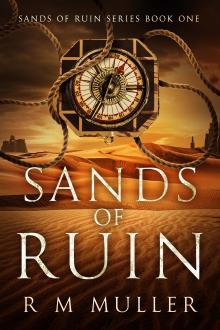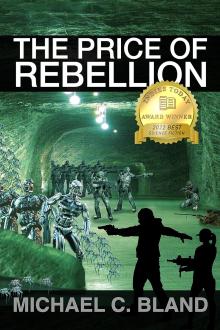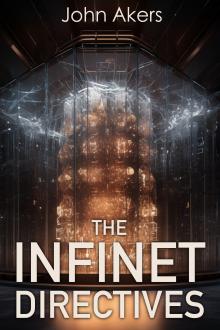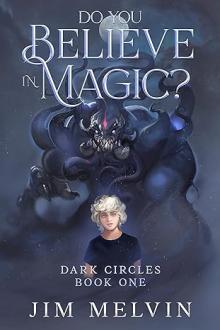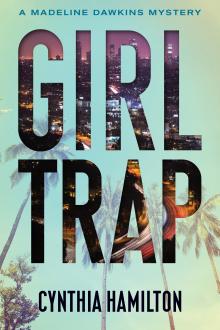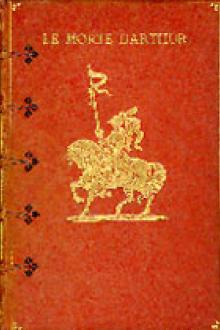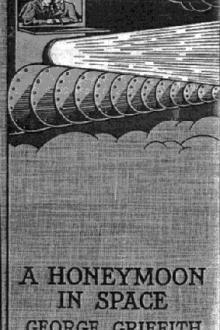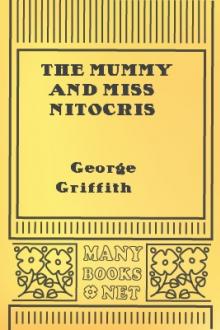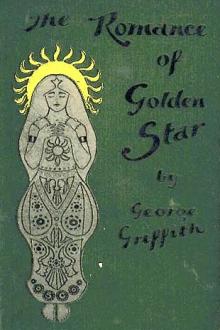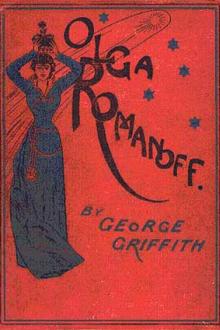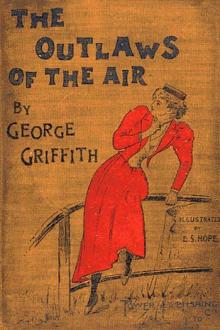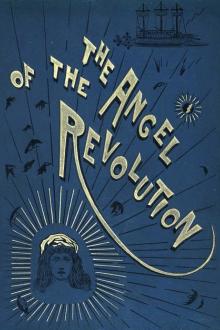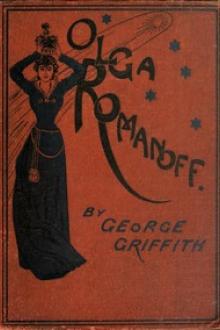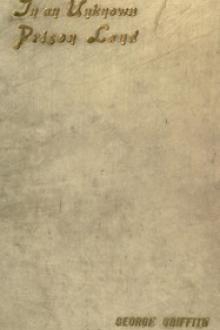The World Peril of 1910
The World Peril of 1910
Book Excerpt
ENTOUS EXPERIMENT
On the first day of July, 1908, a scene which was destined to become historic took place in the great Lecture Theatre in the Imperial College at Potsdam. It was just a year and a few days after the swimming race between John Castellan and the Englishman in Clifden Bay.
There were four people present. The doors were locked and guarded by two sentries outside. The German Emperor, Count Herold von Steinitz, Chancellor of the Empire, Field-Marshal Count Friedrich von Moltke, grandson of the great Organiser of Victory, and John Castellan, were standing round a great glass tank, twenty-five feet long, and fifteen broad, supported on a series of trestles. The tank was filled with water up to within about six inches of the upper edge. The depth was ten feet. A dozen models of battleships, cruisers and torpedo craft were floating on the surface of the water. Five feet under the surface, a grey, fish-shaped craft with tail and fins, almost exactly resembling those of a flying fish, was d
FREE EBOOKS AND DEALS
(view all)Popular books in Science Fiction, Pulp, Fiction and Literature
Readers reviews
4.0
LoginSign up
Another blood-and-thunder speculative romance by George Griffith, somewhat in the vein of his earlier works, Angel of the Revolution and Olga Romanoff.
Irish genius and fanatical revolutionary John Castellan gives his design for a submersible flying submarine with advanced weaponry to Kaiser Wilhelm, on the understanding that when he's conquered Britain, Ireland will be freed. Austria, Russia and France combine under Germany's leadership to crush the British fleet and invade Great Britain with an army of millions of men. Backed up by a squadron of these diabolical new amphibious monsters under Castellan's command, victory over the hated English and the destruction of their Empire appears certain.
Despite the terrible carnage, things don't go entirely the Allies' way. (Yes, the Allies are the bad guys in this one, which is a bit confusing at times.)
For one thing, there's the newly-commissioned "Ithuriel", a prototype of a combined submarine ram and superfast cruiser with pneumatic cannon. Under the command of her brilliant designer, Captain Erskine, she will prove a major thorn in the side of the Allied fleet.
Meanwhile, brilliant British astronomer and chemist George Lennard -- there are quite a lot of brilliant inventors in this novel, and the roster isn't yet complete -- has discovered a comet will strike the Earth within a few months. Fortunately, he's also developed a new super-explosive which will destroy this intruder from space. If, with the help of his American millionaire patron, he can build a giant cannon a la Jules Verne's "From the Earth to the Moon" in time to deliver it.
Despite the destruction of both the British and Allied fleets, the Allies have managed to land three million soldiers on British soil. Between their overwhelming numbers and the advantage Castellan's aerial armada gives them, the conquest of Britain looks to be a foregone conclusion. Even so, the British will fight the invaders to the bitter end.
Will Kaiser Willy sit on the throne of England? Or will the oncoming comet put an end to the war, by destroying the planet?
This is a George Griffith novel, so character development and intricate plotting are not to be expected. The men are stalwart and the women beautiful and courageous. The most interesting personality -- the Irish revolutionary Castellan -- gets remarkably short shrift.
Where the novel shines is in its scenes of ferocious naval combat, of Britain's fierce resistance and the awesome destruction Castellan's ships rain down upon their helpless targets on land and sea. Hundreds of thousands die in the fleet engagements and subsequent fighting in southern England. There are eerie premonitions of the Blitz, as well as the horrific slaughter awaiting Europe a mere five years after the publication of the novel.
That this may also be the first appearance in speculative fiction of the concept of blowing up an extinction-level comet makes it even more interesting to the science fiction antiquarian. The World Peril of 1910 is the last gasp of a popular Late Victorian/Edwardian "invasion from the Continent" genre, soon to be superseded by the grimmest of realities.
Irish genius and fanatical revolutionary John Castellan gives his design for a submersible flying submarine with advanced weaponry to Kaiser Wilhelm, on the understanding that when he's conquered Britain, Ireland will be freed. Austria, Russia and France combine under Germany's leadership to crush the British fleet and invade Great Britain with an army of millions of men. Backed up by a squadron of these diabolical new amphibious monsters under Castellan's command, victory over the hated English and the destruction of their Empire appears certain.
Despite the terrible carnage, things don't go entirely the Allies' way. (Yes, the Allies are the bad guys in this one, which is a bit confusing at times.)
For one thing, there's the newly-commissioned "Ithuriel", a prototype of a combined submarine ram and superfast cruiser with pneumatic cannon. Under the command of her brilliant designer, Captain Erskine, she will prove a major thorn in the side of the Allied fleet.
Meanwhile, brilliant British astronomer and chemist George Lennard -- there are quite a lot of brilliant inventors in this novel, and the roster isn't yet complete -- has discovered a comet will strike the Earth within a few months. Fortunately, he's also developed a new super-explosive which will destroy this intruder from space. If, with the help of his American millionaire patron, he can build a giant cannon a la Jules Verne's "From the Earth to the Moon" in time to deliver it.
Despite the destruction of both the British and Allied fleets, the Allies have managed to land three million soldiers on British soil. Between their overwhelming numbers and the advantage Castellan's aerial armada gives them, the conquest of Britain looks to be a foregone conclusion. Even so, the British will fight the invaders to the bitter end.
Will Kaiser Willy sit on the throne of England? Or will the oncoming comet put an end to the war, by destroying the planet?
This is a George Griffith novel, so character development and intricate plotting are not to be expected. The men are stalwart and the women beautiful and courageous. The most interesting personality -- the Irish revolutionary Castellan -- gets remarkably short shrift.
Where the novel shines is in its scenes of ferocious naval combat, of Britain's fierce resistance and the awesome destruction Castellan's ships rain down upon their helpless targets on land and sea. Hundreds of thousands die in the fleet engagements and subsequent fighting in southern England. There are eerie premonitions of the Blitz, as well as the horrific slaughter awaiting Europe a mere five years after the publication of the novel.
That this may also be the first appearance in speculative fiction of the concept of blowing up an extinction-level comet makes it even more interesting to the science fiction antiquarian. The World Peril of 1910 is the last gasp of a popular Late Victorian/Edwardian "invasion from the Continent" genre, soon to be superseded by the grimmest of realities.
- Upvote (0)
- Downvote (0)
Plot bullets
* An advanced flying / submarine is created and sold to Germany.
* Germany and other European powers instigate war against England.
* England has one super ship, unknown to the enemy, but it cannot fly.
* War is terrible, but an astronomer has worst news. A comet is headed for a collision with earth.
* Brothers and lovers are on opposite sides.
* How do you convince world powers to stop warring and address the danger from space.
* War among nations is perilous, but the comet is a world peril.
* An advanced flying / submarine is created and sold to Germany.
* Germany and other European powers instigate war against England.
* England has one super ship, unknown to the enemy, but it cannot fly.
* War is terrible, but an astronomer has worst news. A comet is headed for a collision with earth.
* Brothers and lovers are on opposite sides.
* How do you convince world powers to stop warring and address the danger from space.
* War among nations is perilous, but the comet is a world peril.
04/30/2013
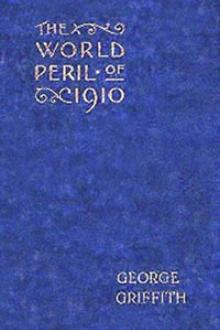
 Free Download
Free Download
